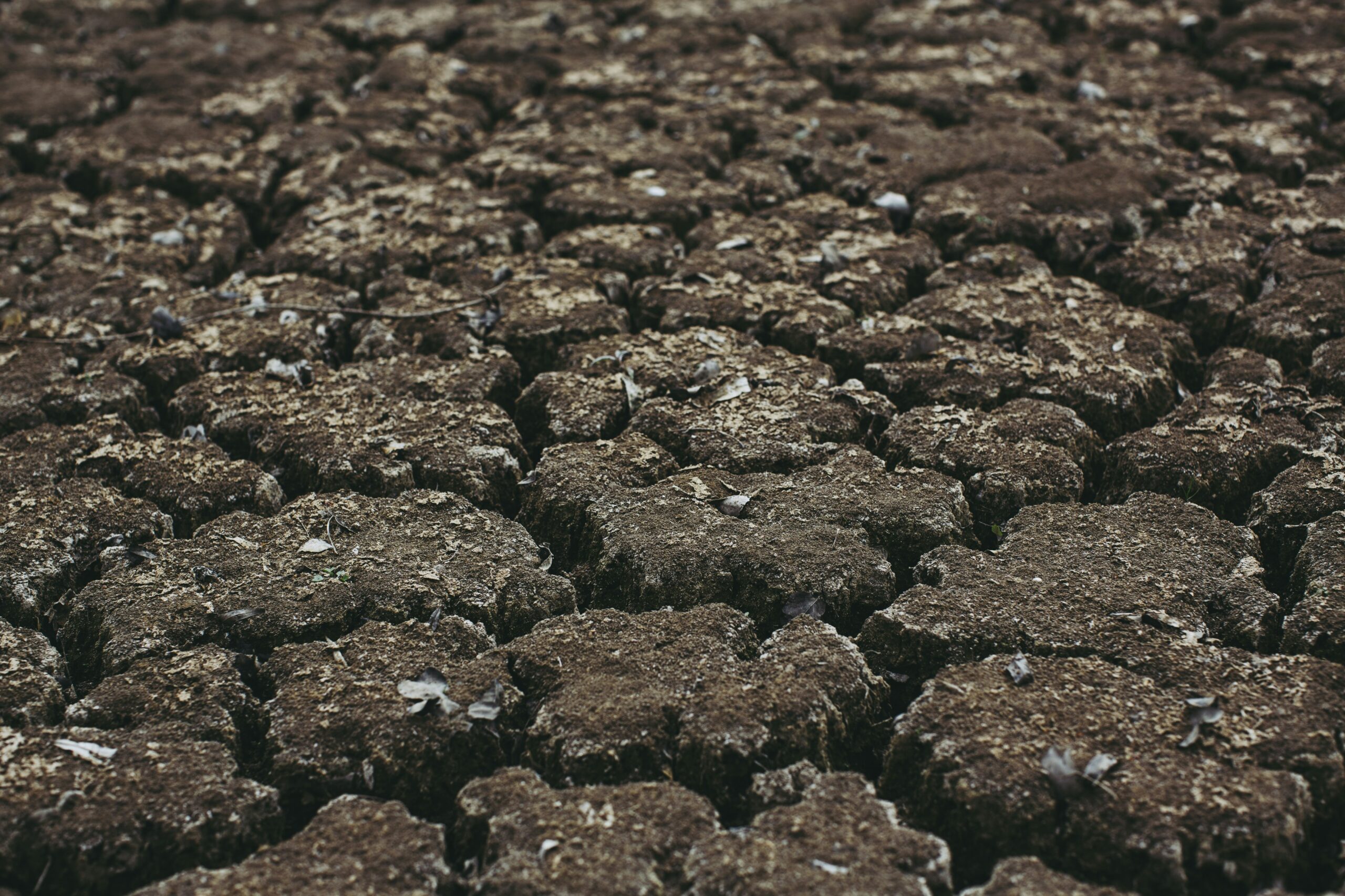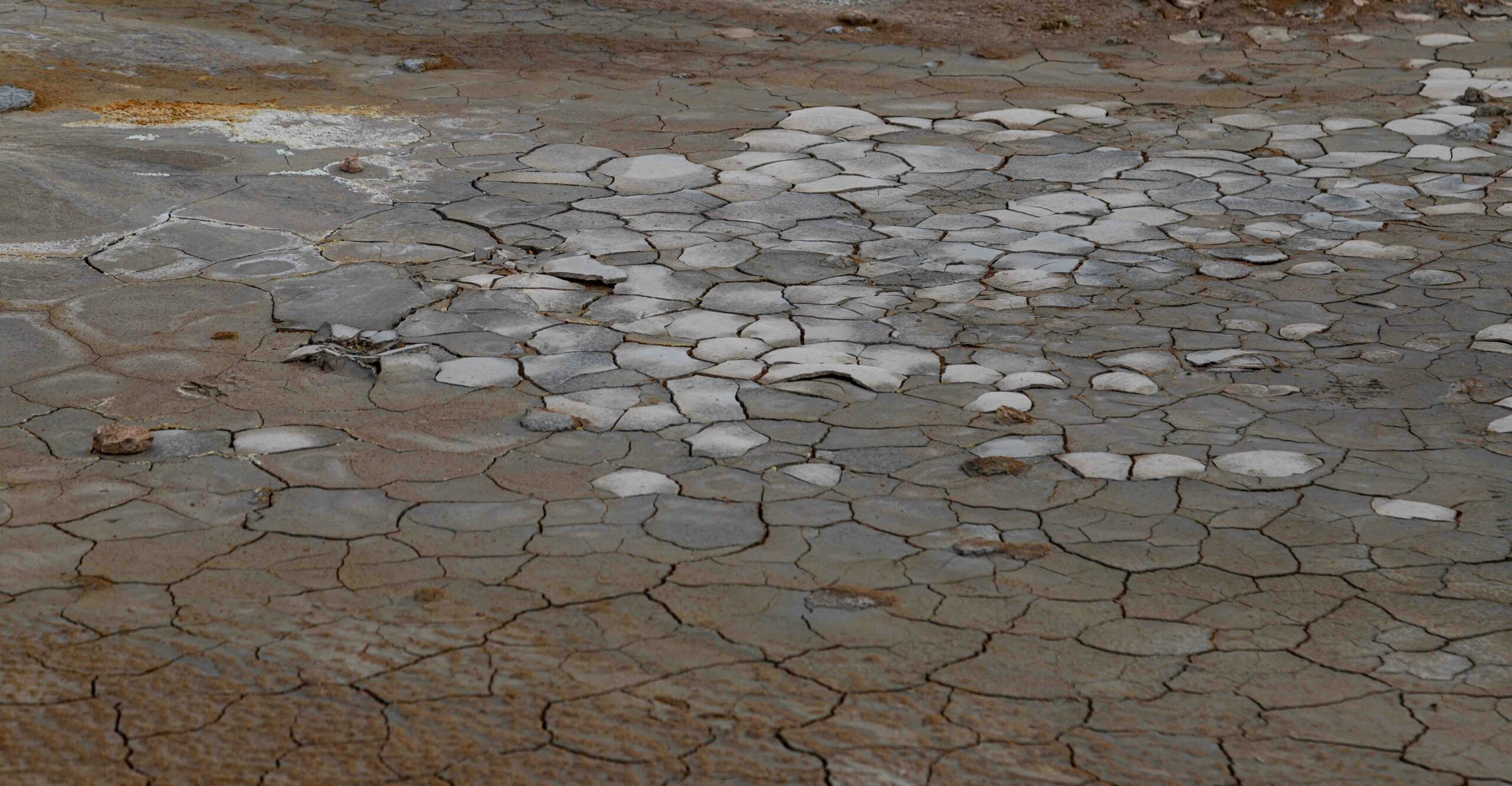Can Dehydration Overnight Lead To Strong-smelling Urine In The Morning?” explores the common phenomenon of waking up with unusually odorous urine. As you rest, your body continues to function, but water intake pauses, potentially causing dehydration. You’ll discover how this lack of hydration affects your urine’s concentration and smell, and what steps you might take to mitigate this issue. By understanding these factors, you can take simple actions to ensure your mornings start off fresher and more comfortably. Have you ever woken up and noticed a strong smell coming from your urine in the morning? It can be surprising and even a little concerning, especially if it happens suddenly. One possible reason for this could be dehydration overnight. But can dehydration really cause your urine to have such a strong odor when you wake up? Let’s dive into this topic and explore the fascinating connection between dehydration and the smell of your urine.
What Causes Dehydration Overnight?
The first step in understanding the potential link between dehydration and strong-smelling urine is to understand exactly what dehydration is, especially when it occurs overnight.
How Dehydration Happens
Dehydration occurs when your body loses more fluids than it takes in. While this can happen at any point during the day, it can be particularly pronounced at night. During sleep, you’re not consuming any water or other fluids, leading to a natural reduction in your body’s hydration levels.
Factors Contributing to Dehydration
There are several reasons why you might become dehydrated overnight:
- Sweating: Even though you’re not actively exercising, your body can still lose fluids through sweating while you sleep.
- Breathing: Your body loses more fluids than you might think through respiration. If you sleep with your mouth open, you tend to lose even more.
- Medical Conditions: Certain conditions, such as diabetes or sleep apnea, can exacerbate dehydration during the night.
- Room Environment: Sleeping in a very warm or dry room can lead to fluid loss through sweat and respiration.
How Dehydration Affects Urine
The Science Behind Urine Production
Your kidneys are responsible for filtering waste from your bloodstream and producing urine. When you’re well-hydrated, your kidneys mix a large amount of water with waste products to produce light-colored, mild-smelling urine. Conversely, when you’re dehydrated, your kidneys retain as much water as possible, and your urine becomes more concentrated.
Concentration of Waste Products
When you’re dehydrated overnight, there is less water in your urine, making it more concentrated. This concentration of waste products can cause your urine to appear darker in color and have a much stronger smell than it usually does.
The Role of Urea and Other Compounds
A key compound in urine is urea, which is responsible for much of its characteristic smell. When your urine is more concentrated due to dehydration, the scent of urea and other chemicals like ammonia is more potent.

Symptoms Indicating Dehydration
Are you unsure whether you’re experiencing dehydration overnight? Here are some symptoms you might notice:
Dry Mouth and Throat
Waking up with a parched mouth or throat is a key sign that you may be dehydrated. This is especially true if you don’t drink any fluids during the night.
Dark-Colored Urine
If your urine appears darker than usual in the morning, it’s a clear indicator that it is more concentrated, often due to dehydration.
Dizziness or Lightheadedness
Feeling dizzy or lightheaded upon waking can be another symptom of dehydration. When your body lacks adequate fluids, your blood pressure can drop, leading to these sensations.
Headache
A dehydration headache can be sharp or dull and is typically centered around the frontal or temple regions of your head. This may be one of the first signs you notice when you wake up.
The Connection Between Dehydration and Strong-Smelling Urine
So, how exactly does dehydration lead to strong-smelling urine? The link lies primarily in the concentration of chemicals and waste products in your urine.
Chemical Composition of Urine
Urine is made up of water, urea, creatinine, and a variety of other waste products filtered from the blood. When you’re hydrated, these chemicals are diluted, which makes your urine smell milder.
Increased Concentration of Urea
Urea is one of the main components responsible for urinary odor. When your urine is concentrated due to dehydration, there is a higher concentration of urea, making the smell much stronger.
Ammonia Smell Explained
In some cases, you might notice a particularly strong ammonia smell. This is because ammonia is another compound found in urine, albeit in smaller quantities. When dehydrated, the reduced water content in the urine allows the ammonia smell to become more noticeable.

How to Prevent Dehydration Overnight
Preventing dehydration overnight can help you wake up feeling refreshed and avoid strong-smelling urine. Let’s look at some simple yet effective strategies.
Hydrate Before Bed
One of the easiest ways to prevent overnight dehydration is to drink water before you go to bed. However, be mindful not to drink too much, as this could lead to frequent bathroom trips during the night.
Moderate Caffeine and Alcohol Intake
Both caffeine and alcohol are diuretics, meaning they increase urine production and can contribute to dehydration. Try to moderate your intake of these substances, especially in the evening.
| Substance | Effect | Recommendation |
|---|---|---|
| Caffeine | Increases urine production | Limit in the evening |
| Alcohol | Diuretic and dehydrating | Consume moderately |
Environment Control
Make sure your sleeping environment is conducive to retaining moisture within the body.
- Humidifier: Using a humidifier can add moisture to the air, helping to prevent fluid loss.
- Temperature Control: Keeping your room at a comfortable, moderate temperature can reduce the need for sweating during the night.
Balanced Diet
Eating a balanced diet that’s rich in water-dense foods like fruits and vegetables can also help maintain hydration levels. Foods like cucumbers, tomatoes, and watermelon contain high amounts of water and can be beneficial.
When to Consult a Healthcare Provider
While occasional strong-smelling urine isn’t usually a cause for concern, there are certain situations when you should consult a healthcare professional.
Persistent Symptoms
If you consistently notice strong-smelling urine in the morning despite taking preventive measures, it might be time to talk to a healthcare provider.
Accompanying Symptoms
If your strong-smelling urine is accompanied by other symptoms such as pain during urination, fever, or back pain, seek medical advice. These could be signs of a urinary tract infection or other medical conditions.
Pre-existing Conditions
Individuals with pre-existing medical conditions such as diabetes should closely monitor their hydration levels and urine characteristics. Changes in these can sometimes indicate complications or the need for treatment adjustments.

Tips for Staying Hydrated Throughout the Day
Carry a Water Bottle
One of the most practical ways to maintain hydration is by carrying a water bottle with you. Having it on hand can serve as a constant reminder to drink water.
Set Reminders
In our busy daily lives, it’s easy to forget to drink enough water. Setting regular reminders on your phone or using a hydration reminder app can be a great way to keep track.
Infused Water
If plain water doesn’t appeal to you, consider infusing it with fruits like lemon, cucumber, or berries. This adds a subtle flavor without the added sugars or calories of other beverages.
Water-rich Snacks
Snack on water-rich fruits and vegetables throughout the day, such as melon, strawberries, and bell peppers. These can contribute to your overall fluid intake while also providing essential nutrients.
Myths and Misconceptions
Myth: Only Water Counts
While water is the best choice for hydration, other fluids like herbal teas, milk, and even broth soups can contribute to your daily fluid intake. However, it’s essential to be cautious with sugary or caffeinated beverages.
Myth: You Can Overhydrate Easily
While it’s technically possible to drink too much water, leading to a condition known as hyponatremia, this is rare and typically affects endurance athletes who consume excessive amounts of water without electrolyte balance. For most people, staying adequately hydrated is a more immediate concern.
Myth: Thirst is a Good Indicator
By the time you feel thirsty, you are already slightly dehydrated. Relying solely on thirst as an indicator means you might not be drinking water regularly throughout the day. It’s better to develop a habit of continuous hydration.
FAQs about Dehydration and Urine
Why does my urine smell strong in the morning?
Strong urine smell in the morning often results from dehydration overnight, leading to more concentrated urine with a higher level of waste products like urea and ammonia.
Can certain foods cause strong-smelling urine?
Yes, foods like asparagus, garlic, and certain spices can alter the smell of your urine. However, if the strong smell is persistent and not linked to food, dehydration is a likely cause.
How much water should I drink per day?
The amount can vary depending on factors like age, gender, and activity level, but a general guideline is about eight 8-ounce glasses of water per day, equivalent to about 2 liters or half a gallon.
What color should my urine be?
Ideally, your urine should be a pale yellow color, indicating good hydration. Darker urine typically signals dehydration.
Is it normal for urine smell to change?
Yes, urine smell can vary depending on your hydration levels, diet, and medications. However, a consistently strong smell, especially if accompanied by other symptoms, may warrant a visit to a healthcare provider.
Conclusion
In conclusion, dehydration overnight can indeed lead to strong-smelling urine in the morning. This happens because your body retains as much water as possible during periods of low fluid intake, leading to more concentrated urine. While this is usually not a cause for alarm, it’s essential to stay mindful of your hydration levels both day and night. Implementing simple habits like drinking water before bed, moderating diuretic substances, and maintaining a balanced diet can go a long way in preventing dehydration.
Next time you wake up to find your urine smelling stronger than usual, you’ll understand the likely role that dehydration played. A few lifestyle adjustments can make a significant difference, helping you start your day feeling refreshed and hydrated.
Feel free to experiment with these tips, and if symptoms persist, don’t hesitate to seek medical advice for further evaluation. Stay hydrated and take care of yourself!

